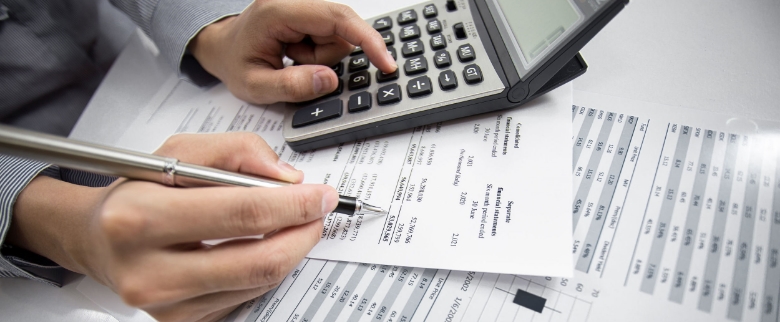Tax season is in full swing, and many investors, taxpayers, and CPAs are working hard to file their taxes on time. Investors who engage in 1031 exchanges often have questions about how to report them on their tax returns. In this article, we are going to offer a few tips for 1031 exchanges this tax season.
Talk to Your CPA
The most important tips we can give you is to talk to your CPA about your 1031 exchange as it relates to your tax situation. It’s best to inform your CPA of any like-kind exchanges early in the process, but at the very least, be sure to inform them of the exchange prior to filing your tax return.
File Form 8824
IRS form 8824 is the standard method used to report your 1031 exchange to the IRS in your tax return. This form tells the IRS that you have completed, or are in the process of completing a 1031 exchange. It also provides the details of the exchange so they understand where the net proceeds are and where they are going to be reinvested.
Like-Kind Exchanges of Real Estate
Like-kind real estate exchanges offer a seamless way for you to defer your capital gains taxes on the sale of real estate, and keep your money working for you in a continued real estate investment property. While that may sound easy, 1031 exchanges are often complex and require a skilled qualified intermediary to successfully navigate. Contact CPEC1031 today to set up a time to chat with one of our skilled Minnesota qualified intermediaries. Our main office is located in downtown Minneapolis, but we work with clients throughout the United States.
Start Your Exchange: If you have questions about 1031 exchanges this tax season, feel free to call me at 612-643-1031.
Defer the tax. Maximize your gain.
© 2018 Copyright Jeffrey R. Peterson All Rights Reserved



